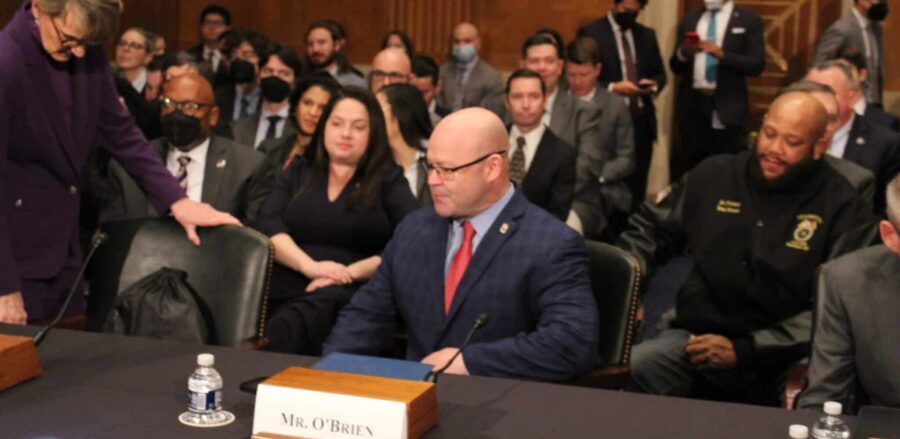Cassidy’s Employee Focused vs. Hawley’s Big Labor Focused Bills

The U.S. Senate is currently debating over two competing visions for labor policy and employee freedoms, primarily focused on key legislation introduced by Senators Bill Cassidy’s bills and Josh Hawley’s Pro Act lite bill.
Cassidy Proposals
Senator Cassidy’s proposed package aims to modernize federal labor laws through a series of reforms focused on increasing transparency, reducing bureaucratic delays, and expanding worker choice. His bills include the Worker RESULTS Act, which would overhaul union elections by raising the support threshold to two-thirds, mandate disclosures of union political spending to members, and require federal agencies to adhere strictly to court precedent to stabilize labor law application. Cassidy’s legislation also seeks to empower independent workers with portable benefits and introduce measures that bolster workplace safety and fairness.
Supporters from business advocacy groups and pro-worker organizations have lauded Cassidy’s efforts. The American Prosperity Foundation issued a statement praising the package for providing “greater choice and opportunity,” while the National Federation of Independent Business welcomed efforts to curb frivolous unfair labor practice lawsuits. “These reforms will help small businesses and workers alike thrive in the modern economy,” the group said.
Hawley’s Proposal
In stark contrast, Senator Hawley’s bill faces fierce opposition from employee advocates, who argue that his proposals undermine private rights. Hawley’s so-called “Faster Labor Contracts Act” and related measures expedite Big Labor contracts by giving up constitutional rights, also critics warn this could reduce transparency and diminish employees’ ability to have any voice at all. The National Right to Work Committee called Hawley’s framework “a return to coercive union practices,” emphasizing that it could undermine workers’ freedom to opt out of union dues and weaken protections against forced unionism.
Opponents have gone further, with some legal analysts raising constitutional concerns about Hawley’s efforts to restrict employer speech and limit employees’ access to voluntary association options. The coalition of organizations opposing Hawley’s legislation asserts that his policies threaten to increase union influence at the expense of individual worker freedoms.
Which Bills Survive?
The debate underscores a polarized outlook on the future of labor reform—one that pits pro-worker, small-business, and free-market advocates against union boss-friendly, regulatory expansionists. With the legislative landscape poised for change, it is time for Americans to stand up and stop the erosion of personal and prevent the continued elevation of Big Labor’s power to suppress working Americans’ rights and regain freedoms lost by the NLRA.

